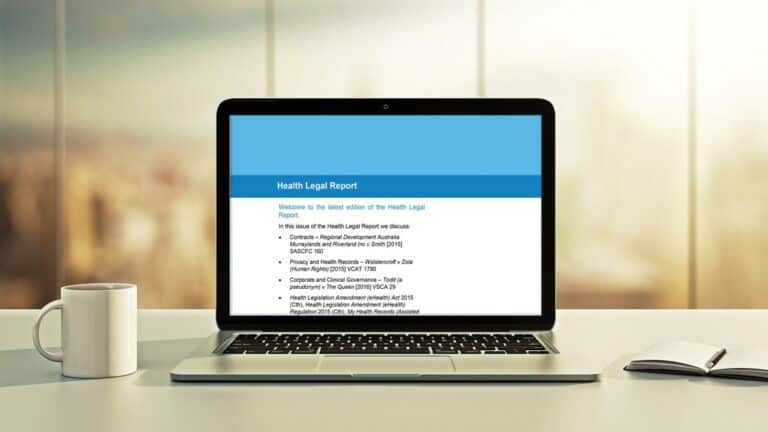This article applies to organisations who are required to comply with NHMRC Standards and Guidelines.
Research Integrity Advisors: A guide supporting the Australian Code for the Responsible Conduct of Research
Please be advised that the NHMRC released Research Integrity Advisors: A guide supporting the Australian Code for the Responsible Conduct of Research (the Guide), to support the Australian Code for the Responsible Conduct of Research, 2018 (the Code). The Guide supports the application of principle 8 and responsibility 6 of the Code which promotes research practices to foster a culture of responsible research and to identify and train Research Integrity Advisors (RIAs) who assist in the promotion and fostering of responsible research and provide advice to those with concerns about potential breaches of the Code.
Section 3: Responsibilities of institutions
Appointment of RIAs
Institutions are required to appoint RIAs that:
- have a strong understanding of the Code and relevant institutional research and integrity processes;
- model values of the Code;
- have a demonstrated track record of adhering to responsible research conduct;
- can provide advice on research integrity matters in a professional, discreet and sensitive manner;
- have a strong understanding of related processes such as those for managing bullying and harassment;
- are approachable and unbiased at all times.
Institutions appointing RIAs should ensure that the number, location and expertise of the RIAs are sufficient to support the institution’s needs. This will include taking into account an RIA’s experience and background to ensure that the team of RIAs have diverse viewpoints. Where institutions are unable to achieve this, they may make an agreement for RIAs to be provided from external organisations or multi-institutional networks. In these cases, institutions should provide someone who can give RIAs advice specific to their institutional processes.
Integration of RIAs
Subscribers should note RIAs must be integrated into their organisations to ensure that they are readily accessible by staff and students. There should not be any restrictions in seeking RIA advice and individuals should have access to an RIA in their faculty, department, or campus, as required.
Institutions also have an ongoing obligation, pursuant to responsibility 4 of the Code, to provide training to RIAs to ensure that they have knowledge of the Code, their own responsibilities, obligations, and complaints mechanisms at the organisation.
Finally, institutions also need to provide processes to identify and manage RIAs conflicts of interest and to maintain the confidentiality of information gained by RIAs.
Section 4: Responsibilities of RIAs
Managing disclosures and confidentiality
Importantly, section 4.4 of the Guide requires RIAs to report potential breaches of the Code to the Research Integrity Office. Where a person is seeking advice from an RIA, the RIA should ensure that the person is aware of this obligation, and this limitation on confidential discussions. Furthermore, where a person seeks to reports a breach of the Code, RIAs should assist the person with the documentation process.
Conduct of RIAs
RIAs should also, subject to their reporting obligations, promote a confidential and supportive environment to enable frank discussions about responsible research practices. In addition, RIAs must undertake the training provided to them by their institution and disclose any conflict of interest. RIAs should also keep a record of all discussions and advice given.
Please click here to access the full Guide.




